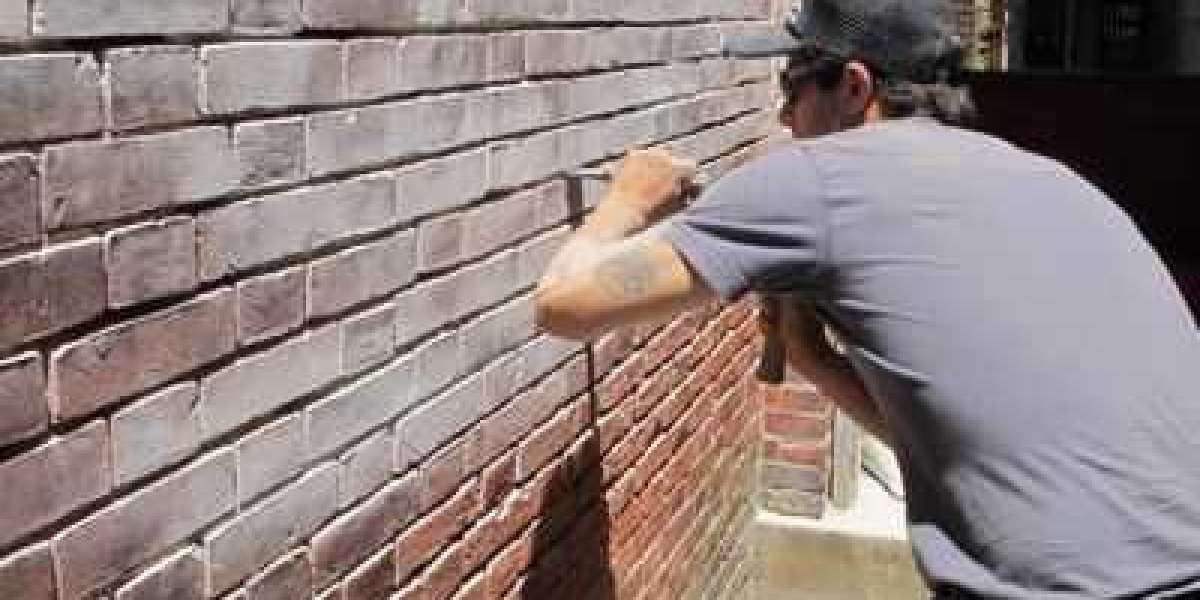Concrete drilling requires specialized tools designed for performance and precision. Whether you are a DIY enthusiast or a professional contractor, selecting the right concrete drill bit is crucial for achieving efficient, accurate, and long-lasting results. This guide will delve into the factors you should consider, types of concrete drill bit, and key features to look for, ensuring that you choose the best bit for your specific needs.
Understanding Concrete Drill Bits
Concrete drill bits are tools designed for drilling into hard, dense materials like concrete, masonry, brick, and stone. Unlike standard drill bits, these are built with stronger materials and feature distinct designs to withstand the wear and tear of drilling through tough surfaces. Concrete drill bits can handle the extreme forces and high temperatures encountered during drilling, making them indispensable for construction and renovation projects.
Key Features of Concrete Drill Bits
Material Construction: Concrete drill bits are typically made from high-carbon steel, carbide-tipped steel, or fully carbide bodies. Carbide tips are the most durable and effective for masonry work.
Flute Design: Concrete drill bits have specially designed flutes that help remove debris as you drill. The more efficient the flute design, the smoother and faster the drilling process.
Shank Type: The shank is the part of the drill bit that fits into the drill. It can either be a straight shank or a SDS shank (Special Direct System), with SDS being ideal for hammer drills.
Tip Design: The tip of a concrete drill bit often has a carbide or tungsten carbide insert that helps it remain sharp and durable even when used on tough materials.
Types of Concrete Drill Bits
Selecting the correct type of drill bit is essential for achieving precise and clean holes in concrete. There are several variations, each suited for different applications.
1. Carbide-Tipped Concrete Drill Bits
Carbide-tipped concrete drill bits are the most common type used for concrete and masonry work. These bits are designed with a tungsten carbide insert at the tip, which allows them to cut through hard materials with ease.
Best For: Medium-duty drilling in concrete, brick, and stone.
Advantages:
Long-lasting
Provides efficient drilling
Suitable for use with hammer drills
2. SDS Concrete Drill Bits
SDS (Special Direct System) drill bits are equipped with a unique shank that fits into SDS-compatible drills, allowing them to transfer higher amounts of power, making them ideal for heavy-duty concrete drilling.
Best For: Heavy-duty drilling in dense concrete or reinforced concrete.
Advantages:
High impact resistance
Fast drilling
Excellent for large and deep holes
3. Twist Concrete Drill Bits
Twist drill bits are more common in general-purpose drilling but are designed with the toughness required for concrete applications. These bits tend to have a spiral flute design for rapid debris removal.
Best For: Light-duty concrete drilling and small projects.
Advantages:
Versatile
Affordable
Available in various sizes
4. Diamond Concrete Drill Bits
Diamond drill bits are often used for specific, precision-based applications where other drill bits might not suffice. The diamonds embedded in the bit’s surface enable it to cut through the hardest concrete and stone without wearing out quickly.
Best For: Drilling holes for anchors, pipes, and cables in reinforced concrete.
Advantages:
High durability
Accurate holes
Capable of cutting through reinforced concrete, granite, and stone
Choosing the Right Concrete Drill Bit for Your Project
Consider the Material
The material you are drilling into is one of the most critical factors to consider when choosing the right drill bit. For example, softer materials like brick and mortar require less durable bits, while reinforced concrete demands carbide-tipped or diamond drill bits.
Assess the Drill Type
The type of drill you are using will also impact the choice of the drill bit. Hammer drills are often used with SDS drill bits, which can handle the vibrations and heavy-duty requirements of such tools. For non-hammer drills, twist or carbide-tipped bits are generally sufficient.
Size of the Hole
The diameter and depth of the hole you need to drill will influence the type of drill bit to choose. For larger holes, SDS or diamond bits are often preferred, while smaller holes may only require standard twist bits or carbide-tipped options.
Tips for Efficient Concrete Drilling
Use a Hammer Drill: A hammer drill delivers better results in concrete by providing a percussion effect while drilling, which makes it easier to break through tough materials.
Proper Speed Settings: Always adjust your drill's speed to match the hardness of the material. For harder concrete, use a slower speed to avoid overheating the bit.
Lubrication: For certain applications, using water or drilling lubricant can help reduce friction and prolong the life of your drill bit.
Clear Debris: Periodically remove the debris from the hole during drilling to ensure efficient progress and prevent overheating the bit.
Key Factors to Consider When Purchasing Concrete Drill Bits
When purchasing a concrete drill bit, several factors must be weighed to ensure optimal performance. Here’s what to look for:
1. Durability
Durability is essential in a concrete drill bit, especially for tough and demanding jobs. Carbide-tipped and diamond bits offer superior longevity compared to twist bits. Consider the job size and how often you'll be using the drill bits before choosing the material.
2. Compatibility with Drill
Ensure the drill bit is compatible with your drill type, especially if you are using an SDS-compatible drill. SDS drill bits are best used with hammer drills, while twist and carbide-tipped bits may be more suited to standard drills.
3. Bit Length
The length of the drill bit should correspond with the depth of the hole you need to drill. Longer bits are required for deep holes, while shorter bits may be sufficient for surface-level drilling.
4. Precision and Cleanliness of the Hole
Consider the precision required for your project. Diamond drill bits provide cleaner, more accurate holes for applications like plumbing, electrical work, or installing anchors.
Maintenance of Concrete Drill Bits
Proper maintenance ensures that your concrete drill bits last longer and maintain optimal performance. Here are a few tips for extending the life of your drill bits:
Clean the Bits Regularly: After each use, clean your concrete drill bits to remove any residue. Use a wire brush to clean carbide or diamond tips.
Proper Storage: Store your drill bits in a safe place to prevent damage. Keep them in a toolbox or a storage container designed for drill bits.
Avoid Overheating: Do not force the drill bit. If you notice it becoming excessively hot, allow it to cool before continuing. Overheating can cause the bit to lose its sharpness.
Diagram: Concrete Drill Bit Types and Applications
mermaid
Copy code
graph TD
A[Concrete Drill Bits] -- B[Carbide-Tipped Bits]
A -- C[SDS Drill Bits]
A -- D[Diamond Drill Bits]
A -- E[Twist Drill Bits]
B -- F[Medium Duty Drilling]
C -- G[Heavy Duty Drilling]
D -- H[Precision Drilling]
E -- I[Light Duty Drilling]
B -- J[Concrete, Brick, Stone]
C -- K[Reinforced Concrete]
D -- L[Hard Concrete, Stone]
E -- M[Brick, Mortar]
Conclusion
Selecting the right concrete drill bit is essential for achieving high-quality results in construction, renovation, or DIY projects. By considering the material, drill type, hole size, and bit durability, you can ensure efficient and effective drilling every time. Whether you need a versatile twist bit for light tasks or a robust diamond bit for heavy-duty concrete, the right choice will guarantee the longevity of your tools and the success of your projects.














